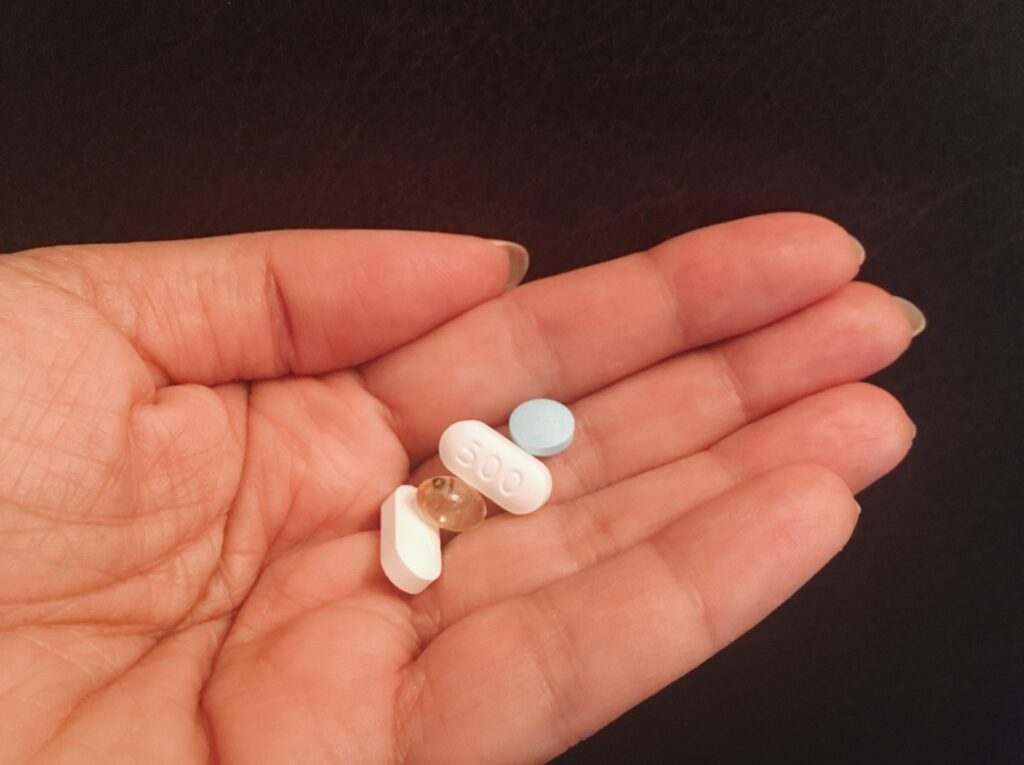Dopamine is a neurotransmitter that plays a critical role in the brain’s reward and pleasure pathways, as well as in the regulation of movement, attention, and emotional regulation. In individuals with ADHD (Attention-Deficit/Hyperactivity Disorder), there is a deficiency of dopamine in certain parts of the brain, which can result in symptoms such as difficulty focusing, impulsivity, and hyperactivity.
One potential treatment option for individuals with ADHD is the use of dopamine supplements, which can help to increase the levels of this neurotransmitter in the brain. However, it is important to note that there is limited research on the effectiveness and safety of using dopamine supplements for ADHD, and that they should only be used under the supervision of a healthcare professional.
There are several different types of dopamine supplements that are commonly used for ADHD, including:
- L-Tyrosine: This is an amino acid that is a precursor to dopamine, meaning that it is used by the body to produce dopamine. L-Tyrosine supplements are often used as a natural way to increase dopamine levels in the brain.
- Mucuna Pruriens: This is a tropical legume that contains a high concentration of L-DOPA, which is a direct precursor to dopamine. Mucuna Pruriens supplements are often used to help increase dopamine levels in the brain and improve symptoms of ADHD.
- Vitamin B6: This is a vitamin that is involved in the synthesis of dopamine in the brain. Vitamin B6 supplements are sometimes used to help boost dopamine levels in individuals with ADHD.
- Rhodiola Rosea: This is an adaptogenic herb that has been shown to have neuroprotective and neurostimulating effects. Rhodiola Rosea supplements may help to improve dopamine levels in the brain and reduce symptoms of ADHD.
It is important to note that while dopamine supplements may be helpful for some individuals with ADHD, they are not a replacement for traditional treatments such as medication and therapy. Additionally, dopamine supplements can have side effects and may interact with other medications, so it is important to talk to a healthcare professional before using them.
Dopamine supplements may be a useful tool for individuals with ADHD who are looking for natural ways to help manage their symptoms. However, it is important to approach these supplements with caution and only use them under the guidance of a healthcare professional.


